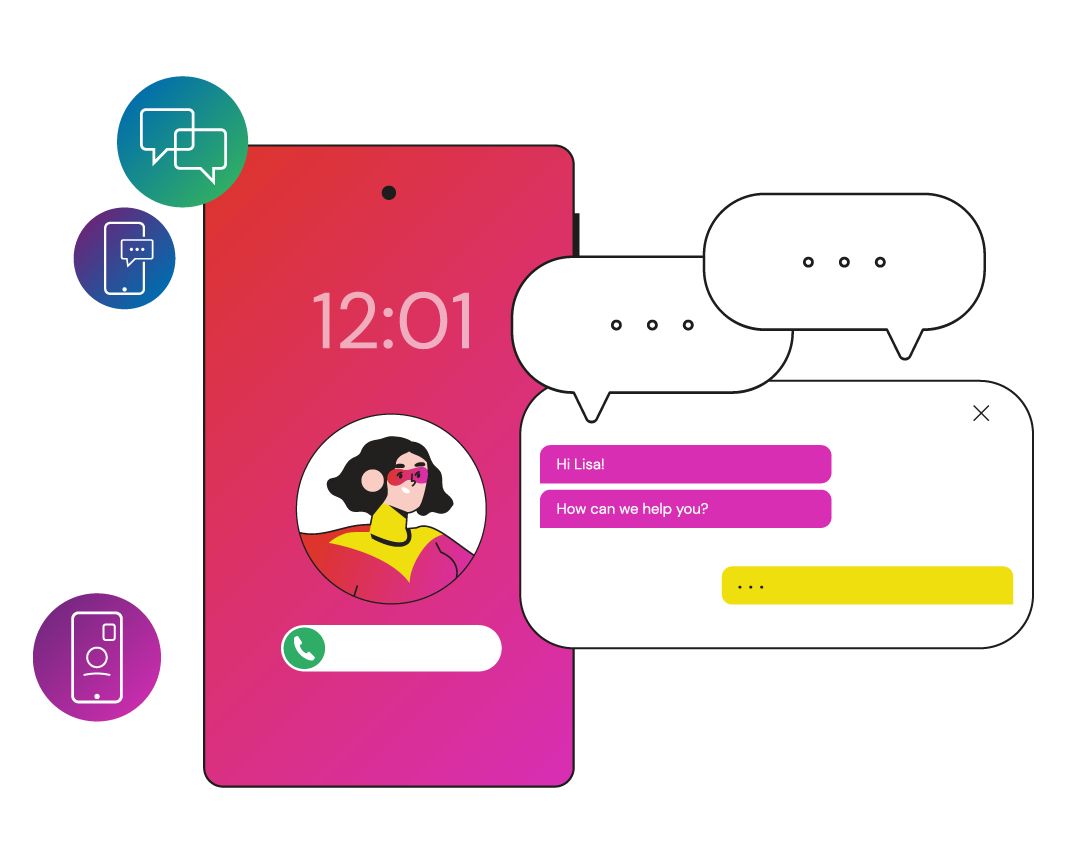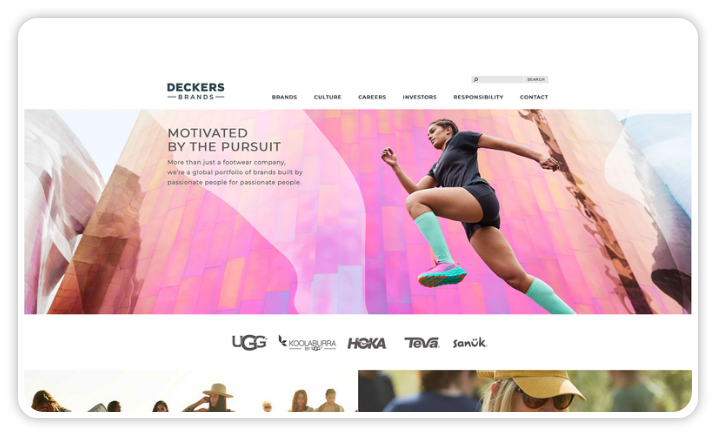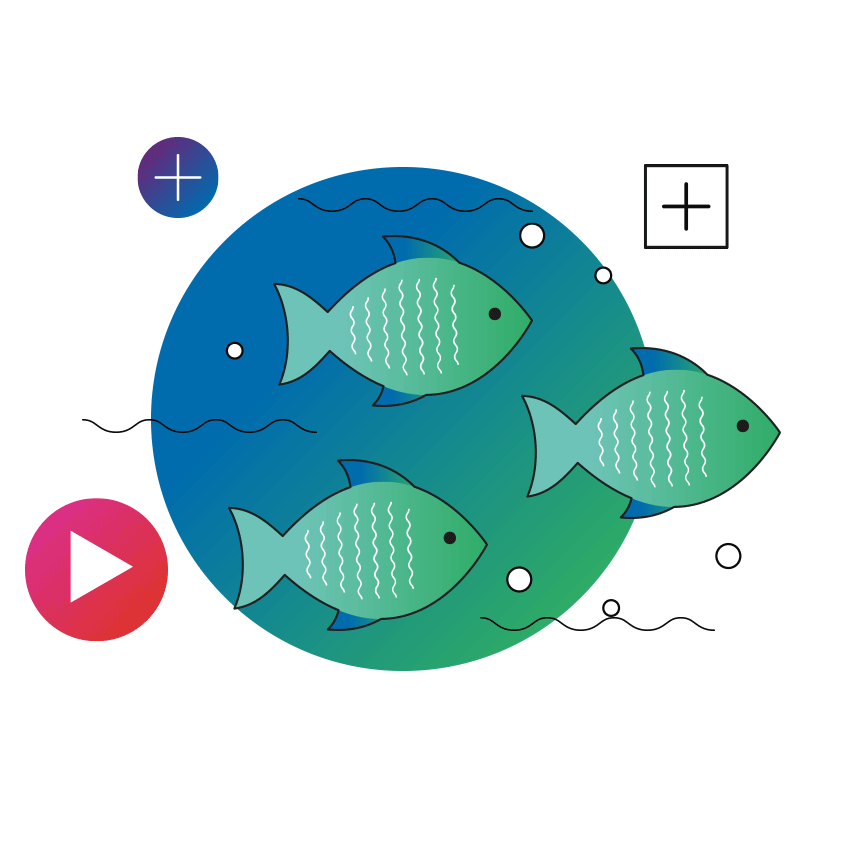When the man who invented the World Wide Web announces that the Internet is broken, people pay attention. Tim Berners-Lee’s new #ForTheWeb initiative has the potential to transform the way we use the web. And here at CoreMedia, we're excited to help make that happen.
Back in 1989, when Berners-Lee was a scientist at the European Organization for Nuclear Research (CERN) in Geneva, he came up with an idea. What if we could combine the seamless connectivity and intuitive usability of hypertext interfaces with the global network connectivity of the early Internet. The result was something he called the World Wide Wide. And ever since its launch, the world has never been the same.
Browser Worldwideweb

Starting with a single website in 1990, the web has exploded in size and importance. Today there are more than two billion websites in the world – 1 for every 4 people. It’s changed the way we learn, create, shop, and share. It’s erased political borders and lowered economic barriers. It's empowered communities to stand up to despots and take control of their destiny. But not all of its effects have been positive. As he addressed a global audience at the 2018 Web Summit in Lisbon this week, Berners-Lee declared that the web has failed to live up to its original promise. Although billions of people use the web every day as a vital tool, over half the world’s population still lacks access to the Internet. And full access to all the benefits of the web is become more limited every day, as an increasingly small number of companies consolidate control of the networks and authoritarian governments find new ways to control and censor online speech.
With the rate of new Internet users dropping, the dream of universal connectivity is growing more distant. The web is becoming less private, less civil, and less accessible to marginal populations while simultaneously becoming more expensive, more commercialized, and increasingly unsafe for women and oppressed communities.Here are a few facts:
- Over 1.2 billion internet users live in countries where net neutrality is not protected
- More than 1.5 billion people live in countries with no comprehensive laws on personal data protection
- According to the Alliance for Affordable Internet (A4AI), just 40% of the low- and middle-income countries studied have affordable internet access
- Globally, men are 33% more likely to have internet access than women
- Since 2004, there have been almost 300 major data breaches reported, impacting more than 12 billion records
- Research by Amnesty International shows that one in five women in the UK has been the victim of online harassment or abuse
Woman Laptop

But it’s not too late. As the online visionary John Perry Barlow said, “A good way to invent the future is to predict it.” And it's in that spirit that Berners-Lee has announced his new initiative.
The #ForTheWeb Campaign is a global one to recruit governments, companies, and individual citizens to agree on a set of core principles and to collaborate on projects designed to make the web safer, more diverse, open, and accessible.
From the commercial perspective, companies are being asked to:
- Make the internet affordable and accessible to everyone
- Respect consumer privacy and personal data
- Develop technologies that encourage good behavior and discourage bad – to put the public good first
Global industry leaders have already agreed to sign Berners-Lee’s new “Contract for Web” and we are excited to have joined the new contract for the web as well.
Here at CoreMedia, we believe the future of the web will be defined by the quality of online content and the diversity it supports. Companies cannot succeed at engaging their customers or growing their business in an online environment that's not completely accessible, safe, affordable and equitable. We wholeheartedly support what Berners-Lee and the World Wide Web Foundation are trying to accomplish with this initiative. And we encourage our partners, friends, and followers to support it as well.
Kids Laptop

So, what can you do?
First, do some research: Check out the WWW Foundation’s new report on “The Case #ForTheWeb.”
Then, tell your story: The #ForTheWeb team is actively collecting testimonials from ordinary people around the world about how the web has changed their lives and what they hope it can become in the future. These videos will be incorporated into a film that will be released next March to celebrate the 30th birthday of the web.
Finally, join the movement: Visit the #ForTheWeb project site to find out more about how specifically you can get involved.
The future of the web is up for grabs. It's up to us – and you – to set it on the right course.















